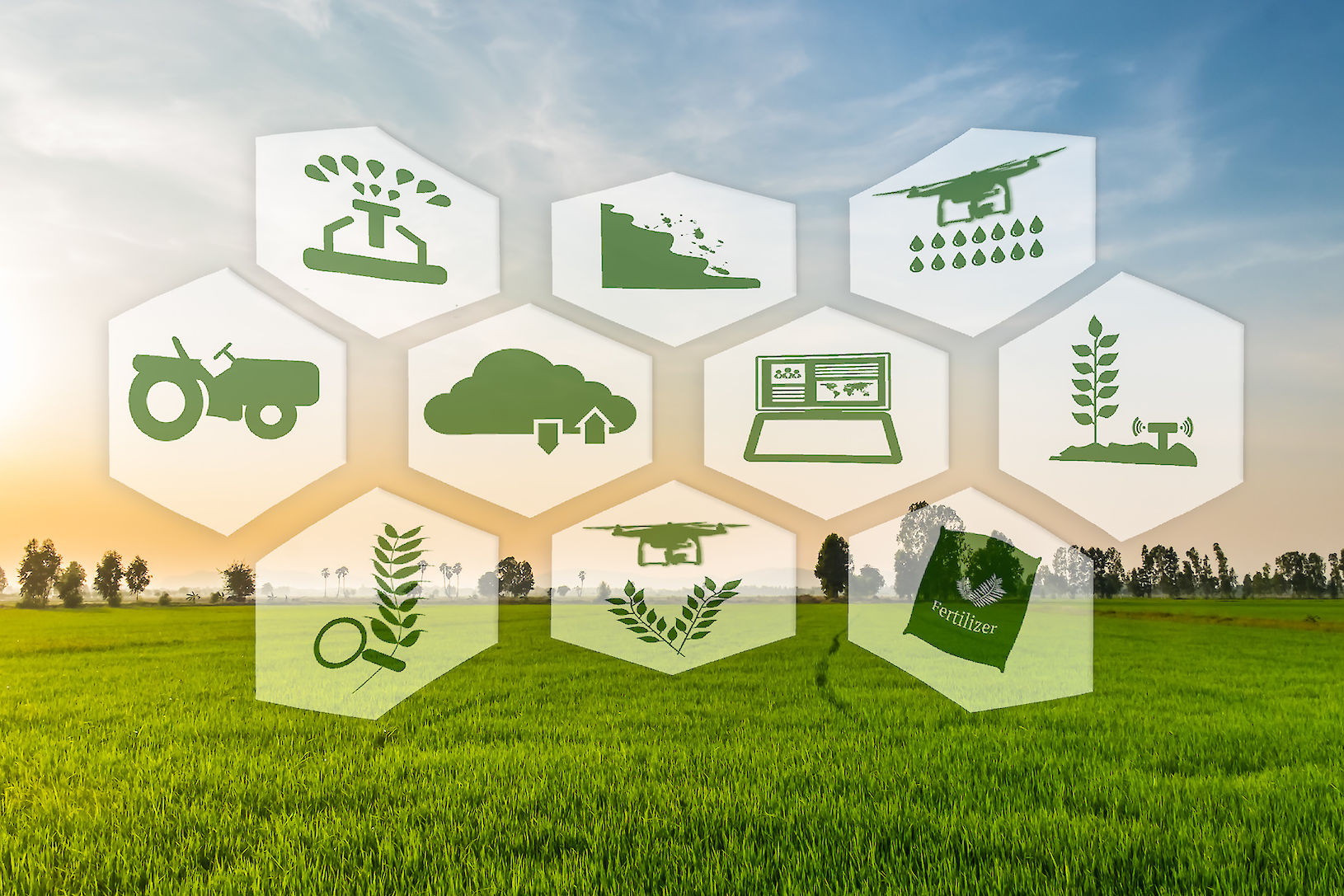Majority of Nigeria’s smallholder farmers are disconnected from the agricultural markets, including banks. They are isolated and stuck in their localities with neither the money nor the voice that the market can hear and as such, they grow only what they subsist on, or trade locally. These same smallholders, even though in a smaller number and with greater challenges, were even more prosperous in the past, with limited advancement in agricultural technologies because of functional markets at both local regional and international levels.
However, today’s Nigerian agricultural market has utterly abandoned its smallholders. Food production has dwindled and imports have soared through the roof. There are arguments that the market has only abandoned smallholders because the crops they grow are irrelevant to the market in regards to their volume and quality. So, despite a lot of input intensification, huge road, rail and other infrastructure, there is still a case of near-absolute isolation of smallholders because they do not know the exact requirement of the market or how to meet it. Either way, there is a need for concerted efforts in fixing this information disconnect as well as the definite resulting physical disconnects.
In a data-intensive world and with the proliferation of mobile phones, digital technologies can be used to effectively bridge the gaps and link the farmers to not only markets but also knowledge bases. Smallholder farmers in Nigeria and across Africa are already using mobile phones to communicate with loved ones and to talk to family and friends and even conduct financial transactions. Therefore, it is not farfetched to think of generating a simple two-way means of digital communication to reach and at the same time hear from smallholder farmers.
In 2013, while pursuing a Masters in the United Kingdom, I started developing an idea to provide all-round support for farmers. Tagged Verdant, the idea was based on the simple premise that farmers should be connected to markets in a way that enabled them grow to its specifications using mobile phones. In a way, I wanted to use mobile technologies to innovate on the tested and trusted systems in my father’s era where farmers grew for a sure and ready market.
The system connotes a simple platform whereby stakeholders and partners across the entire agricultural value chain can know and deal with each other easily. Smallholders with their low-end phones can discover the crops that will fetch the highest prices and receive valuable information to grow and even sell their harvested produce via text and voice. Extension officers can gain direct access to smallholders and give them the best advice to improve their yields using smartphone apps that give them insight into the farmers and their farms. Financial institutions too could provide their agricultural credits and other services using their mobile apps.
I started developing prototypes for the idea and by August 2014, it was taking quite some shape and even winning awards. Towards the end of my degree, I emerged the winner of ‘The Enterprise Challenge’; a dragon-den style competition organised by the British Council, Virgin Atlantic and other partners. The chief prize was a Master-Class with buccaneering go-getter and perhaps world’s most likable entrepreneur, Richard Branson. It goes without saying that the session solidified my ambition to become an entrepreneur and run Verdant full-time.
By July 2015, I had moved from the UK to Nigeria to conduct Verdant’s first pilot in Katsina, Nigeria. Few months later, I was selected among 50 global entrepreneurs to attend the Massachusetts Institute of Technology in Boston, United States of America for an innovation and entrepreneurship bootcamp where MIT teaches entrepreneurs in science and technology to best prepare them to solve the world’s greatest challenges. Here, my idea took a new turn with a view to becoming a farmer-centric digital agriculture company in Nigeria.
In the years to follow, I collaborated with some international NGOs to support tens of thousands of farmers in Nigeria. It was my earnest hope that with our talented and dedicated team of world-class innovators, and with the support of the smallholders themselves, we will be able to demonstrate to the world the true power of connecting the informal world of rural farmers to the formal agricultural markets. If any of the phenomenal feats achieved by mobile technologies across Africa ranging from MPESA are to go by, then we may as well say that we are on the verge of a new kind of market-driven agriculture.
Through this work, I have seen at multiple levels how crucial data and digital technologies can be for various stakeholders of the sector. In Nigeria, I have worked with small-farmers and I know their agricultural data needs, which are similar in many parts of the world like India. Whereas they have low-purchasing power, smallholder farmers all over the world are very populous. On another hand, I have also worked with institutions like governments, banks and cooperatives from many countries who use agricultural data to understand markets and make decisions whether financial, policy related or developmental. At the global stage, not enough of this happens because there aren’t enough companies dedicated to collecting, aggregating and disseminating the world’s agricultural data. Besides, the countries that need this the most do not have very formal financial markets and as such the few companies that do offer these agricultural data products and services are focused on sectors and decision makers in formal markets like USA.
My goal is to provide an avenue for a formidable innovation-driven agricultural ecosystem that uses data to answer latent and obvious agricultural productivity questions with a clear focus on climate resilience and underserved markets.

 Join Daily Trust WhatsApp Community For Quick Access To News and Happenings Around You.
Join Daily Trust WhatsApp Community For Quick Access To News and Happenings Around You.


